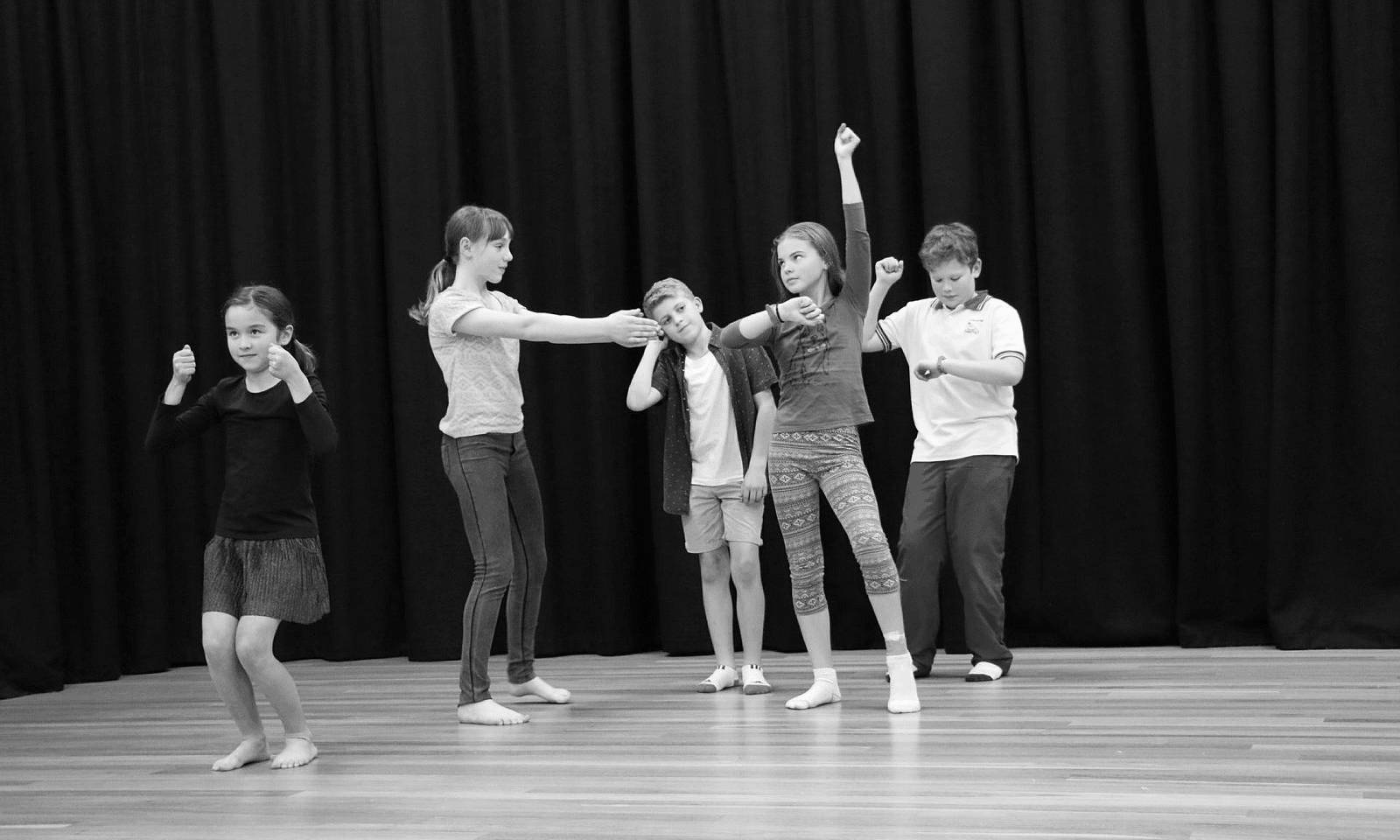Warawara Reserve, Harris Street, Dalley Street, Wigram Street Road Reserves Harris Park
Outcome of Soil Investigations – June 2020
Council and specialist environmental consultants conducted soil testing at Warawara Reserve and several nearby road reserves (Wigram St, Dalley St, and Harris St) earlier this year.
As these sites fall within an area that has been identified as possibly having received waste products from James Hardie Industries last century, consultants were called on to provide information about any potentially hazardous materials that may be present in soil beneath the grass and path surface in these areas.
What were the test results?
Air-quality monitoring undertaken during soil testing detected no airborne asbestos above reportable limits.
Laboratory analysis of the soil samples collected during testing found that asbestos-containing materials, such as fibro, are present beneath the surface in varying quantities at a number of test locations across the four sites. At all sites, these materials were found at depth and are adequately covered by clean topsoil to prevent public exposure and health risk .
Further detail of what was found at each site can be found in the table below:
|
Site |
Findings
|
|
Warawara Reserve |
1 friable detection exceeding applicable screening limits at depth. |
|
Wigram St Road Reserve |
3 non-friable detections exceeding applicable screening limits at depth. |
|
Dalley Street Road reserve |
1 non-friable detection exceeding applicable screening limits at depth, one friable detection at depth. |
|
Harris Street road reserve |
1 non-friable detection exceeding applicable screening limits at depth. |
What do these results mean?
The results show that asbestos is present in the soils within areas that were tested.
Asbestos was detected in non-friable forms in five (5) samples. Non-friable asbestos (also known as ‘bonded’ asbestos) refers to materials that contain asbestos, and are in good condition and not easily broken, crumbled or crushed (for example the fibro that was used in many older houses).
Asbestos was also detected in its friable form in two (2) samples. Friable asbestos includes loose asbestos fibres or materials that contain asbestos in a degraded form that can be easily crushed or crumbled by hand. Across all locations, asbestos was found buried deep enough to ensure that it does not pose a risk to the community. The results indicate that these sites should be managed in a way that limits the potential for disturbance of the affected soils.
How will these sites be managed?
As asbestos materials were detected at depth, and are currently adequately covered by clean topsoil, these sites will be managed in the short to medium term with an asbestos management plan. Excavation at these sites will be restricted, and signage erected to ensure utility operators are aware that digging into the soil should be avoided or conducted only by appropriately licensed workers. Information about the contamination will also be provided directly to utility providers.
In addition to the above, physical works will be carried out on the Harris Street Road Reserve. This reserve is used as a driveway to access the area underneath the M4 by utility operators, and while finds in this area were quite limited, heavy vehicle movements could erode the protective topsoil in extreme conditions. The installation of hardstand (such as concrete or asphalt) will prevent erosion occurring.
Warawara Reserve was, until recently, used in association with works on the M4 and will now be closed due to the poor grass cover. Without grass to prevent erosion, this measure is needed to prevent activities that could erode the clean top soil and lead to exposure of potentially contaminated soil.
While only a single location at this site was found to have asbestos exceeding safe levels, Council is taking this important precautionary approach to limit the chances of exposure to the public. Council is also considering the best long-term treatment for this area and will consult with the community and relevant NSW Government agencies. There is currently no play or other community equipment within the reserve.
What are the next steps?
Plans will be developed for the installation of hardstand at the Harris Street Road Reserve. Signage will be placed at the site to notify the community of further works.
Signage will also be installed to notify utility operators of the general prohibition on excavation in these areas. Council will provide updates as to the progress of these actions, and any future plans for the sites, on this page.
Who can I contact for further information?
For information about the test results and ongoing work at these areas, please contact Council’s Warawara Reserve project team on 1300 617 058, or by email at: council@cityofparramatta.nsw.gov.au
Soil investigations 21 to 31 January 2020
The City of Parramatta and licensed contractors will be conducting soil testing in Warawara Reserve and in the southern road reserves of Harris, Dalley, and Wigram streets, Harris Park, between 21 and 31 January 2020.
NSW Environmental Protection Authority (EPA) is currently investigating sites which may have historically received asbestos waste from James Hardie Industries as fill. Some properties in Granville, both to the north and to the south of the M4, have been identified as potentially being affected, and have participated in the EPA’s testing program.
Council is advised that asbestos can only pose a risk to human health if it can become airborne, and while buried asbestos generally is at a very low risk of becoming exposed, it is important that Council identify sites where asbestos materials may be present. The results will help Council ensure that any future works involving excavation in these areas (eg. for utility maintenance or installation) are carried out safely, should contamination be found to be present.
When and how will testing be carried out?
Sampling will commence on 21 January 2020 and is expected to be completed within two weeks. City of Parramatta will be installing signage on-site and writing to neighbouring residents to provide more detail on the works program.
Air quality monitoring will be undertaken at all times during the sampling and contractors will ensure all appropriate environmental protections and work, health and safety practices are in place including creating exclusion zones.
While each area is tested, public access will be restricted. Barricades will be installed and detours will be in place for pedestrians who use these areas for access to the M4 pathway.
In accordance with WHS requirements, staff involved in the testing will wear appropriate personal protective equipment. This may include coveralls, masks, and gloves.
Once testing is complete, each area will be reinstated to its original condition and certified as safe before being reopened to public access.
City of Parramatta expects to receive the final report on the results of the testing in March 2020. Council will keep you informed of any further works on-site and will write to you again once results are known.
If you have any questions about this project, please contact Council’s Warawara Reserve Project team on (02) 9806 5050.



